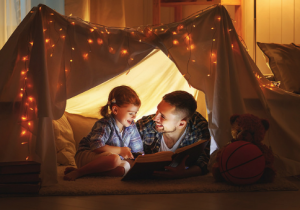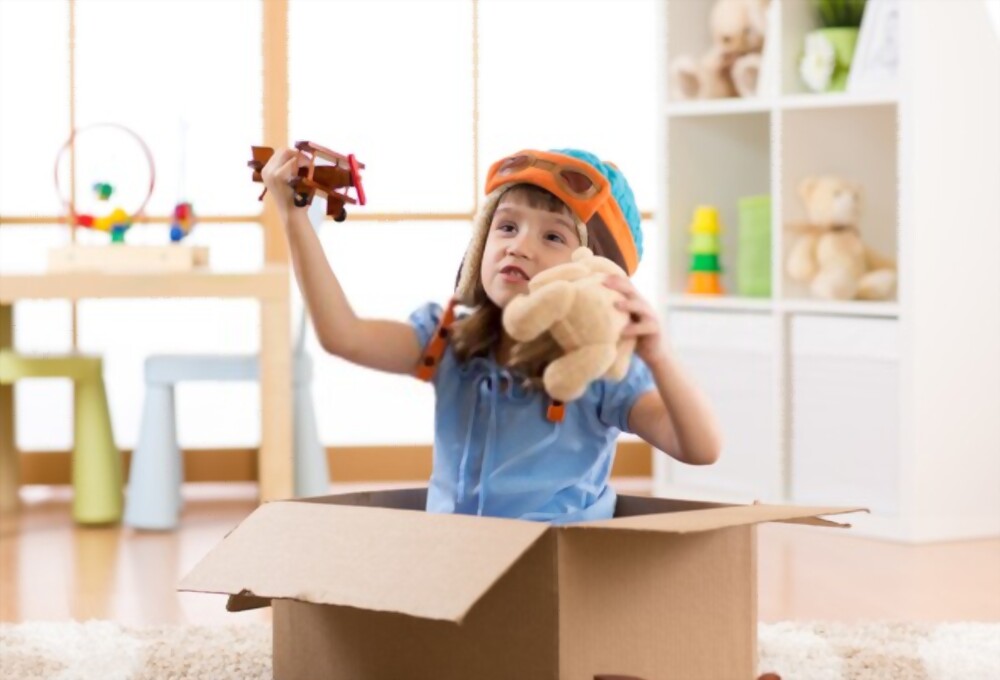 Many educators and parents would agree that play = learning. But during the coronavirus crisis, I think it is crucial to address how enabling children to play is a way to encourage their emotional wellbeing.
Many educators and parents would agree that play = learning. But during the coronavirus crisis, I think it is crucial to address how enabling children to play is a way to encourage their emotional wellbeing.
Currently, there are many articles cited in the press where parents report that their children are experiencing: difficulty concentrating, feeling lonely, they are more passive and withdrawn to being angry, irritable, and agitated. Children like adults respond differently to trauma. They need help regulating these emotions and the best way is through play! Emotional development during early childhood is a key factor in helping your child cope with stress in the future.
There are 4 criteria to playfulness outlined by Bundy (1997) which would be useful to our discussion:
- Control – When children have a choice in an activity when they modify an activity or challenge themselves, they have high internal control
- Motivation – when children show enjoyment, persistence, concentration, and repeat play actions – they have said to have high intrinsic motivation
- Suspension of reality – pretending, using conventional objects in an unconventional way, joking, clowning, and being creative are indicators of this aspect of playfulness
- Framing – this is the giving and receiving of social cues. Children show “I’m a player” through eye contact and gestures as well as giving us cues as to how you should play with them.
How does play help children regulate their emotions?
Play enables children to feel in control
The current scenario feels out of control, nothing is the same as it used to be for little ones. Play creates choice, motivates them, encourages creativity and this helps them to feel in control. They can focus on an enjoyable activity that brings them to the here and now and out of a state of worry. Play eliminates boredom and helps them to feel they have acted on the world. Sensory play is a wonderful way for children to immerse themselves fully and escape in a healthy way.
Play tip: encourage your child to make tents and forts. Little ones build their own worlds in there, go there when they need to reset or feel safe and thus have a sense of being in control.
Article by: Meg Faure
Read more here: https://playsense.org/playing-developing-emotional-regulation-in-children/




